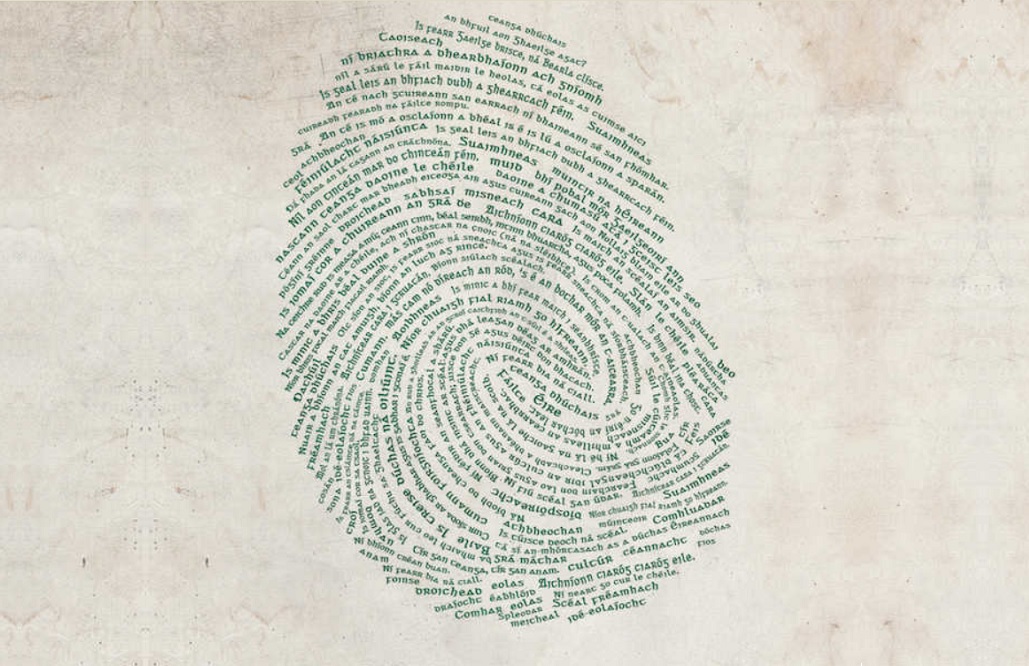Attempts to strengthen the Welsh language are falling into the same trap as Irish

Caoimhín De Barra
Growing up in Ireland, I didn’t know much about Wales. Frankly, I thought it was just part of England.
It wasn’t until I learned that it had its own language, just as we do in Ireland, that I became more curious. Eventually, this led to me writing a doctoral thesis on the relationship between nationalists in Ireland and Wales at the turn of the twentieth century.
What I discovered was that Irishmen who sought to revive the Irish language, like Patrick Pearse (leader of the Easter Rising in 1916) and Douglas Hyde (our first president) had been inspired by Wales. They were impressed by how many people in Wales could speak Welsh, and insisted that Ireland had to try and follow the Welsh example.
Funnily enough, a century later, I found myself equally inspired by a trip to Wales.
Like Pearse and Hyde before me, I have always been deeply interested in the idea of reviving Irish. But how could it be done? I had studied various language revival attempts around the world, as with Hebrew in Israel, or Catalan in Spain, to try and figure out how this could be achieved.
The answer came to me when I spent the summer in Aberystwyth in 2015. I had to do some research in the National Library of Wales and was amazed by how much Welsh I heard spoken. In particular, I was struck by how everyone who worked there spoke Welsh. Not just the senior academic staff, but the security guards and people cleaning the tables in the lunchroom.
This simply wouldn’t, or couldn’t, happen in Ireland. And reflecting upon this each morning as I walked up that enormous hill upon which the library sits, I eventually figured it out. What needed to be done if we wanted to revive the Irish language.
I put my thoughts together on paper and published them this year in my book called Gaeilge: A Radical Revolution. While the book is obviously mostly about Irish, I make regular comparisons with the position of the Welsh language.
More importantly, the recommendations I make for how to revive Irish are directly applicable to Welsh as well, as the challenge faced by both languages today are identical.
Resentment
One of the biggest issues is the complex emotions around identity that Irish and Welsh create. I realized this when I met a Welsh man named Chris who joined the rugby club I played with in the United States.
On the first day I met him, I asked Chris if he spoke Welsh. He responded defensively, saying it was a “dead” language that no one spoke, and that it was “useless”. I let the matter drop.
One day, maybe six months after that first conversation, we were chatting about something or other when suddenly Chris said “I really wish I was fluent in Welsh”. He had obviously totally forgotten what he had said to me before, so what could explain this change of attitude?
My theory is that nothing had actually changed, but rather what I was seeing was a kind of bipolar attitude that numerous Welsh (and Irish) people have about their respective languages. In other words, many people simultaneously have a strong desire to speak the language, and resentment towards the language because they can’t speak it.
This points to a second obstacle for both languages; namely large sections of the national media that are indifferent, if not outright hostile, towards the languages. Most of the “practical” arguments made against the promotion of Irish are the same as those heard about Welsh: it is a useless language; other subjects should be taught in its place in school; those who speak the language are elitist snobs.
However, perhaps the single greatest issue facing both languages is the misdiagnosis of what the “problem” is and how it can be fixed.
Flowers
I have read the Cymraeg 2050 proposals with great interest. Unfortunately, for all the commendable ambition contained within it, the authors have fallen into the same trap that the Irish state has been caught in for a century in trying to promote Irish.
That is, assuming that if only enough people could acquire some fluency in the language, then a great revival would burst forth.
But such thinking is misguided. Imagine the linguistic environment of Ireland and Wales as a forest. English is the sequoia trees, massive beings that dwarf everything else. Irish and Welsh are flowers, which need the sun’s light to grow strong.
The Cymraeg 2050 proposals are akin to trying to scatter more flower seeds on the forest floor. Some might get enough light to thrive, but most will wither and die in the shade.
It is only by understanding that this is exactly the problem facing both languages, and thinking about how to constructively deal with this challenge, that any kind of meaningful revival of Irish and Welsh can take place.
Gaeilge: A Radical Revolution is available now.
We can’t run Nation.Cymru without your help! If you support the development of an independent Welsh media for the people of Wales, please donate now!
Support our Nation today
For the price of a cup of coffee a month you can help us create an independent, not-for-profit, national news service for the people of Wales, by the people of Wales.





